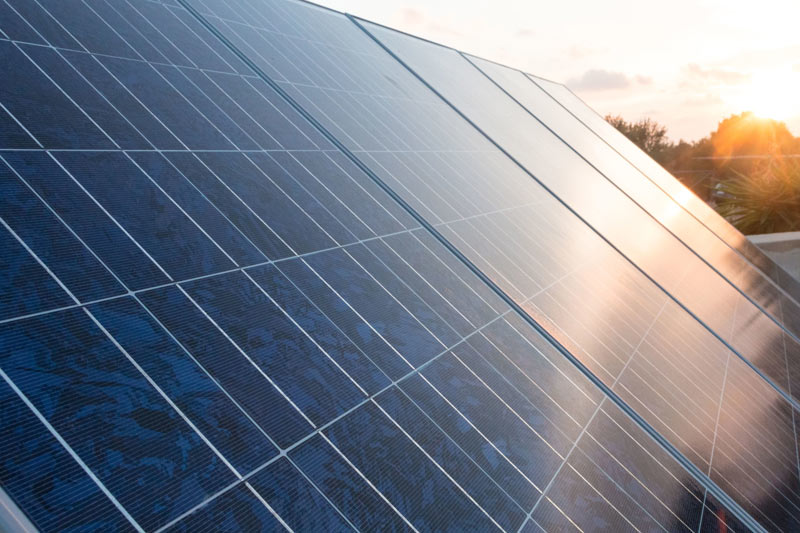The Inflation Reduction Act and Its Impact on Solar Panels

The Biden Administration’s Inflation Reduction Act could change the energy sector forever.
When the president signed the legislation on August 16th, he made a tangible commitment to sustainable energy, as well as healthcare reform and deficit reduction.The $370 billion investment in climate change programs and energy reforms will help reduce carbon emissions by 40% by 2030.
These changes are going to have a massive effect on the solar industry. Today, we’re going togive you a guide on this new legislation and talk about its impact on solar panels. If you’ve been thinking of going solar, keep reading, and you’ll see that the timing couldn’t be more perfect.
The ITC Reimagined
What potential solar owners will notice first about the Inflation Reduction Act is the extension of the federal ITC. The old incarnation of the investment tax credit allowed you to claim 26% of your solar installation back on your federal taxes.
It was scheduled to go down to 22% by the end of 2023 and disappear by 2024. This new legislation will extend the credit until 2032 and rebrand it to the Residential Clean Energy Credit. Instead of being a 26% credit, it’s also going up to 30%.
This new credit works in the very same way that the old one does. For the year you purchase your solar panels, you claim 30% of it back on your taxes with no dollar limit. If you spend $25,000 on your solar panel system, you’ll get a $7,500 reduction in your tax bill.
Combine this with local rebates and incentives, and you can drastically lower the cost of installing solar panels, which is the main objective of this aspect of the Inflation Reduction Act. If solar is more affordable, more people can experience the benefits of solar panels.
Keeping It Domestic
Those solar panel installations that receive the full 30% under the ITC/RCEC can get a further 10% credit by purchasing domestic hardware. American solar companies are known for making some of the best solar panels so that you can reward yourself with peak performance and a 40% tax credit.
There are a few important stipulations in this part of the bill. For manufactured parts, like solar panels and inverters, they have to be 40% US-built, which may increase in the future.
Trickle-Down Benefits
If you read through the bill, you’ll notice a lot of benefits for solar manufacturers. The Ossoff Manufacturing Credits make producing solar panels more affordable at every stage of the process. It will also strengthen the supply chain and create thousands of jobs.
The easier it is for solar companies to manufacture solar panels, the cheaper they’ll be on the market. High installation costs are still an obstacle for the solar industry. These savings should create a trickle-down effect that helps homeowners and boosts the solar industry.
Experience the Advantages of Solar Panels
As you can see, the Inflation Reduction Act is going to have a major impact on solar panels. If you’ve been thinking of going solar, this will make your decision easier.
Buying solar panels from a reputable company will ensure that you’re seeing all of the best benefits. At GoSolar, we can guide you through the solar installation process and get you the best solar panels and inverters on the market.Contact us today to get your solar installation started.
Signal Alarms and Electric is an electrical contractor in Southern California providing full capacity electrical contracting services for new construction, renovations, tenant improvements, service upgrades, exterior, interior, and landscape lighting, retrofits, and service installations in the Southern California/Los Angeles County area.
